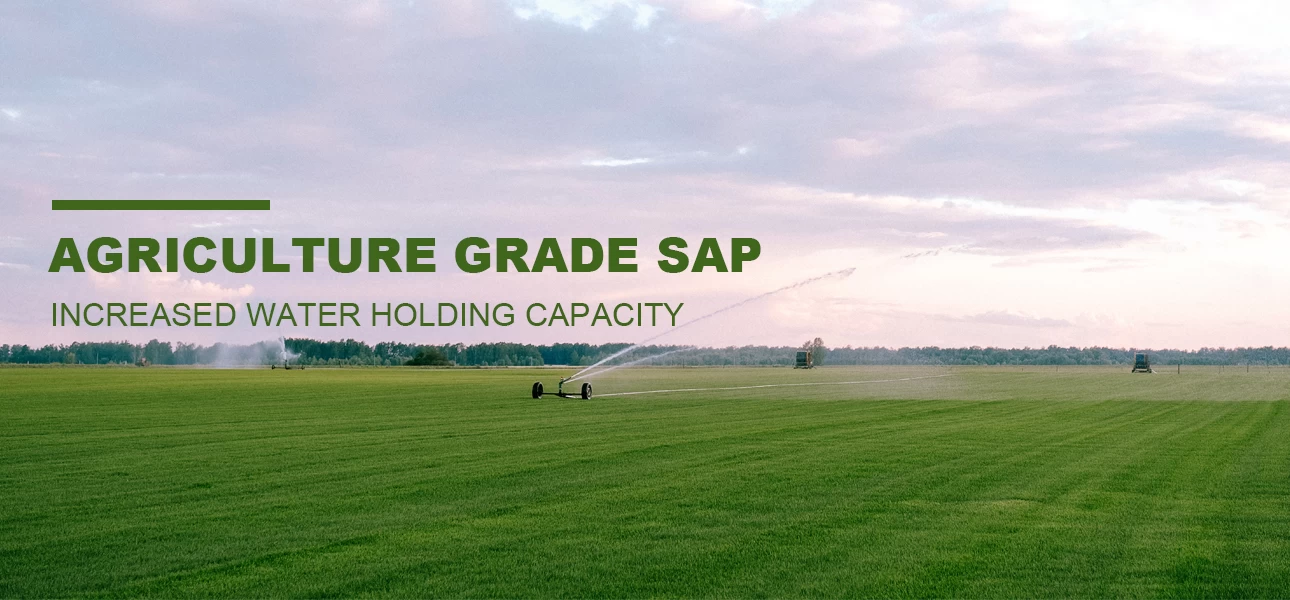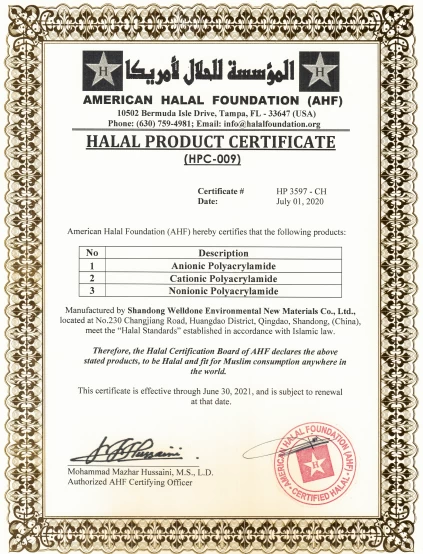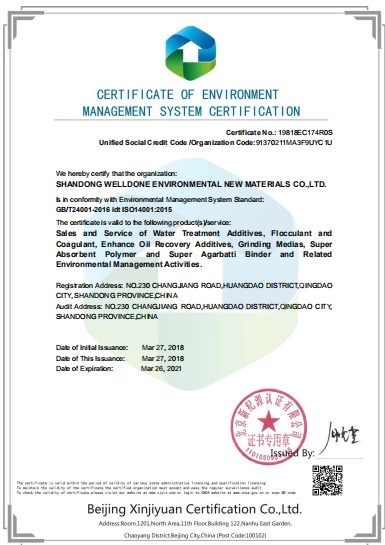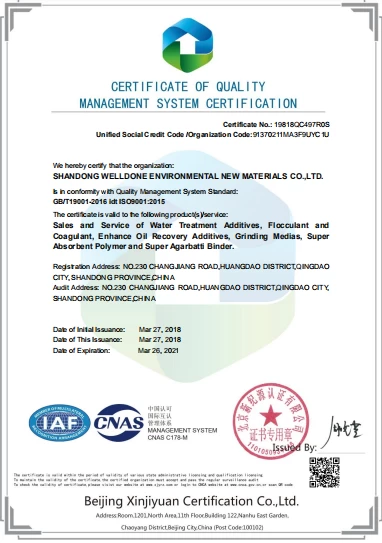Introduction to the Application of Potassium Polyacrylate In Animal Manure Management
Potassium polyacrylate is a highly absorbent polymer that has been widely used in agriculture and forestry as a water retention agent. Its unique properties also make it an excellent material for use in the management of animal manure, which is a significant environmental concern due to its potential impact on soil and water quality.
Application in Animal Manure Management
Potassium polyacrylate can be applied to animal manure to reduce odor, absorb excess moisture, and improve handling and storage. When mixed with manure, it can absorb large amounts of water, reducing the volume of waste and making it easier to transport and store.
Furthermore, potassium polyacrylate can help to reduce the release of ammonia and other volatile organic compounds (VOCs) from manure, which can cause air pollution and contribute to greenhouse gas emissions. By absorbing excess moisture and reducing fermentation, it can also help to prevent the growth of harmful bacteria and pathogens in manure.
In addition to its benefits in manure management, potassium polyacrylate can also be used as a fertilizer additive. When added to liquid fertilizers or compost, it can help to increase their water-holding capacity and nutrient retention, improving their efficacy and reducing the risk of nutrient runoff.
Conclusion
Overall, the application of potassium polyacrylate in animal manure management offers significant benefits in terms of environmental protection and sustainability. By reducing odor, absorb excess moisture, and improving handling and storage, it helps to mitigate the negative impacts of animal manure on soil and water quality. Furthermore, its potential application as a fertilizer additive offers additional opportunities for improving agricultural productivity while minimizing environmental risks.











